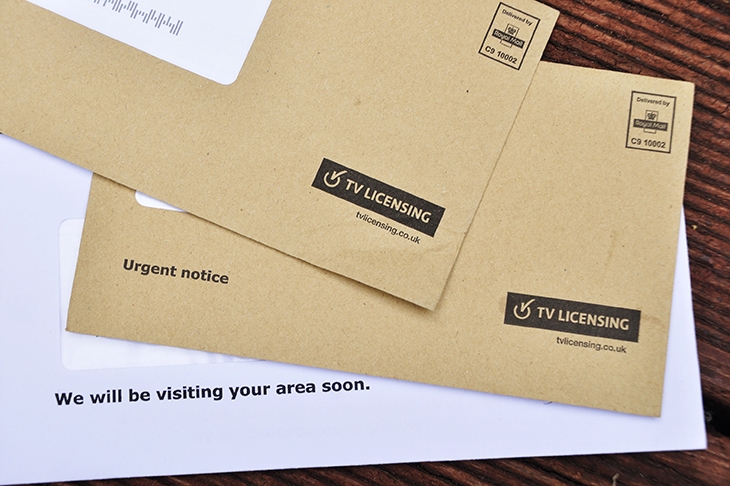A consensus seems to be forming that the BBC licence fee is for the chop. In a digital age, the reasoning goes, we should not be forced to subscribe to huge bundles of content, with no choice over what we pay for and what we don’t.
This argument, intriguingly, is both true and false at the same time.
What’s true is that technology has removed two constraints which made the licence fee necessary in the first place. At the BBC’s outset, the airwaves were limited, creating a monopoly. Moreover it was impossible to charge for specific content: anyone with a wireless set could freely enjoy anything on air. Other than advertising, a licence was the only option. Neither condition applies today.
Yet when people assert that competition from Netflix, Amazon Prime or Spotify make a licence fee indefensible, it is worth remarking that these upstarts succeeded by adopting a very similar model to, er, the BBC. By which I mean that you pay a set fee, and in return get access to a huge amount of bundled, ad-free content, most of which you don’t want. Every month I pay Netflix and Amazon to make programmes I will never watch, while paying Spotify money to fund bands I hate. Netflix is, in its way, a kind of global BBC.
Why might this be? At first glance, it seems absurd to suggest that consumers are better off when you make them pay for things they don’t want. The late Senator John McCain thought so, and devoted a great deal of energy to campaigning against the US cable companies’ practice of bundling channels, rather than letting customers choose à la carte. ‘When I go to the grocery store to buy milk, I don’t have to buy a package of celery and a bunch of broccoli. I don’t like broccoli!’
However, in economic terms, broadcast television and streamed music are not milk or broccoli. Once you have made a film, it makes little difference to your costs whether you sell it to a billion people or ten. If fruit or vegetables were digital, it might make sense for the government to buy the rights to all fruit and vegetables out of tax revenue, rather than forcing people to subscribe either to pineapples or grapefruit.
I use the word ‘might’ here because economists still disagree on whether bundling content is better than selling it separately. But what is inarguably true is that the bundling of content favours the eclectic viewer over the narrow obsessive. My Sky package includes a 24-hour Indian News Channel called NDTV 24. I cannot say I would pay for it, but I like to know it is there.
Recently, to my boundless joy, a website and app has launched called Primephonic. It is effectively Spotify for classical music, where for £9.99 a month you have unlimited access to 3.5 million classical tracks (for a two-month free trial go to tinyurl.com/primephonic). As with Netflix, the value of this lies precisely in the pleasure of discovering things I never would have discovered if I’d had to pay for them first… that Haydn wrote pieces for his friend’s mechanical flute clock; or that Bach wrote songs in praise of pipe-smoking. There’s even a hideous duet between Maria Callas and her poodle.
Again, as on the BBC, there will be much there that I do not like. But that’s the price I pay for discovering things I didn’t know I’d enjoy. Tastes vary. One man’s Mrs Brown’s Boys is another man’s Last Year at Marienbad. Yes, on the BBC you pay for a lot of other people’s crap — but they, remember, are paying for yours. And maybe this isn’t a bug — it’s a feature.
/>
Got something to add? Join the discussion and comment below.
Get 10 issues for just $10
Subscribe to The Spectator Australia today for the next 10 magazine issues, plus full online access, for just $10.
Rory Sutherland is vice-chairman of Ogilvy UK. He will be in discussion with Fraser Nelson on Thursday 26 March; for tickets go to www.spectator.co.uk/rory
You might disagree with half of it, but you’ll enjoy reading all of it. Try your first month for free, then just $2 a week for the remainder of your first year.















Comments
Don't miss out
Join the conversation with other Spectator Australia readers. Subscribe to leave a comment.
SUBSCRIBEAlready a subscriber? Log in